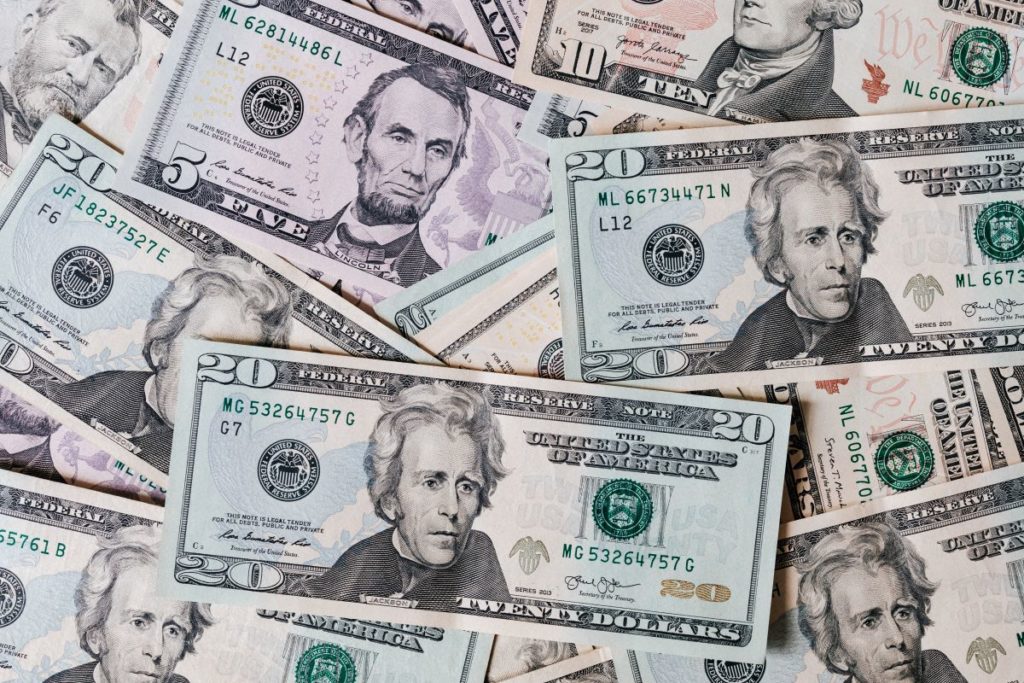The pandemic compelled governments around the world to implement lockdowns to prevent the spread of the virus. This lockdown resulted in unemployment, closed businesses, and an economic crisis that is comparable to the Great Depression.
In this situation, people living from paycheck-to-paycheck will be hard-pressed at looking for another source of income in case they lose their jobs in the middle of the health crisis. If you’re in this situation, you’ll likely find it challenging to save money since you need every cent you can get for your daily expenses.
But there are ways for you to put aside funds for a rainy day. It will take a lot of discipline and proper planning, but it is possible. Here are some ways you can save money in the middle of the pandemic.
Evaluate Your Expenses
The first thing you need to do is to check your expenses. The pandemic forced many companies to ask their employees to work from home. This situation allowed employees to reduce their transportation expenses since they didn’t need to go to the office to work. On the other hand, it also increased electricity costs since they are on their computers at home the whole day. But their dine-in expenses also went down since they switched to home cooking.
If you are in this situation, you should subtract the expenses that went up from the expenses that went down. If the figure is positive, then you saved on expenses due to your work-from-home arrangements. You can consider this as your savings. But if the figure is negative, it means your expenses went up even if you’re working at home.
In the second situation, you have to evaluate the added expenses and see if you can do away with some of them. There may be some unnecessary expenses that you incurred when you started working from home. So, go through your expenses and remove anything unnecessary.
Check Your Supplies at Home
When the pandemic started, people started panic-buying which resulted in empty grocery shelves around the country. Some people even started hoarding supplies and may have ended up regretting their decision since they couldn’t use most of the supplies they bought.
If you’re going to the grocery to buy something, you need to make a list of the things to buy. While making the list, you should check the pantry and see the supplies you currently have at home. Avoid buying too many supplies, especially perishables since they may reach their shelf life even before you consume them.
Other people may need the supplies more than you do. Additionally, you can save the money you initially intended to use to buy the supplies you may not need for the moment.
Focus on Budgeting
The uncertainty of the situation right now highlights the importance of budgeting your finances. You can control your cash flow so you can set aside funds that you can use later on. So, you should sit down and take a look at your budget and check which expenses you can do without for the moment.
Cutting down on unnecessary expenses should be the first step you need to do when you budget your finances. You may not need some online app subscriptions for now since you’ll likely be busy at work and you may want to look for another source of income to increase your disposable funds.
You may keep one on-demand video service since subscribing to two or more may be too much. Ending the subscription to services you’re not using too often is a good idea. You can still watch movies or other shows with one subscription.
At this point, a gym membership isn’t practical. Even though gyms and spas are open in some states, people are still wary about working out in these places. You may want to discontinue the membership for the moment and sign up again in the future when everything goes back to normal.

Distribute Your Funds
After working on your budget, you can distribute the funds depending on where the money is going. For instance, you can apply for an ATM card where you’ll deposit funds for daily expenses. You can also use separate savings account for the funds you’ll set aside for savings. You can also have an account for discretionary funds.
Putting each expense in different categories allow you to control your cash flow. It also allows you to monitor your expenses, and work on reducing them so you can save money for unexpected expenses in the future.
Saving for a rainy day is challenging especially during a pandemic. But if you have enough discipline, you can ensure you have a safety net ready until everything goes back to normal.

